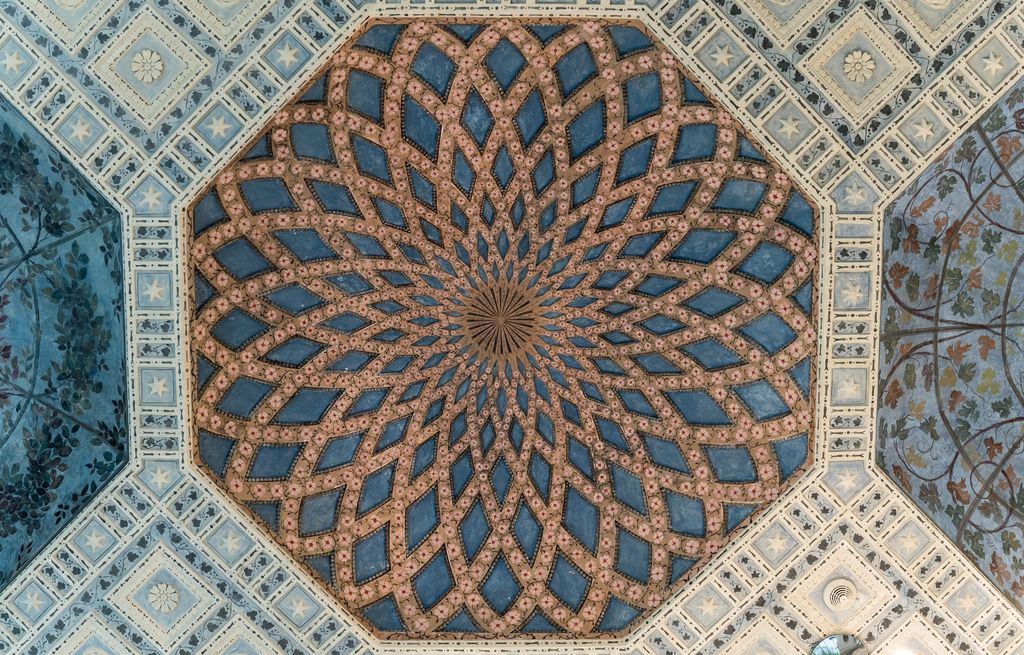Luiss Business School is committed to international cooperation projects in order to promote coherent actions for the development of partner countries, within the framework of the Italian system of international cooperation pursuant to Law no. 125 of 11 August 2014.
International Cooperation projects refer to the Custom Programs Area of Luiss Business School.
Projects:
- Youth Communicators for Development (Pakistan)
- Training Visits to Italy (Pakistan)
- Youth and Women Entrepreneurship Promotion Project (Etiopia)
Youth Communicators for Development
Referents
Roberto Dandi – Project Coordinator
Duilio Carusi – Project Manager
Description of the Project
The project is part of a larger program, the “Program for Poverty Reduction”, funded for 40 million euros and which includes, in addition to the PPAF, 17 partner organizations, 38 local governments in 14 of the least developed districts of Pakistan. The general objective of the program is “to reduce the poverty of the population through the creation of sustainable conditions of social and economic development, including increase in income and productive capacity”.
The general objective of YCD is to contribute to the creation of a sustainable personal development of the community through a communication initiative involving young people based on Pakistani-Italian connections.
The project, by training University students as “Communicators for Development” – and involving the students on a territorial-active approach – is aimed to promote youth participation in the social and economic context of the rural areas of Chitral, Swat, Malakand (Province of Khyber Pakhtunkhwa), Lasbela and Kech (Province of Balochistan) in partnership with local Universities: Bahria University (ICT partner); University of Chitral (end user); University of Malakand (end user); University of Swat (end user); Lasbela University of Agriculture, Water and Marine Sciences (end user); University of Turbat (end user).
The expected outcomes of the project are: involving youth both as communicators and to be agents of change for community development; offering visibility and voice for local communities in Pakistan; facilitating intergenerational listening, dialogue and debate; facilitating international collaboration between local communities with Italian Academia, Pakistani Academia, Pakistani Diaspora in Italy, and other stakeholders; linking community perspectives and voices with territorial policy dialogue by developing Pakistani local universities’ capacity to provide services; ensuring cultural appropriateness of content and approach
To achieve these goals Luiss Business School has:
- trained the students on methodological courses on C4D (Digital Communications, Social Communication, Community Organization, Planning and Monitoring) and sectoral courses on specific sectors of development: Sustainable Tourism and Cultural Heritage, Health and Nutrition, Rural Development and Olive Oil, Environmental Communication.
- trained teachers of local universities in a specific training activity for them (ICT for teachers) and in the same training activities targeted to students. University representatives and teachers also followed the whole process of the student projects, supervising them and supporting them.
- engaged youth, communities, local stakeholders in C4D student projects, where students were requested to develop Action Plans for a project idea in two steps: starting from the values of SDGs indicators in Pakistan and going into the field to meet with local stakeholders.
Starting from the local Universities involved in the project Luiss Business School is finally promoting the creation of a network of Pakistani and Italian Universities.
Lenght
August 2020 – March 2021
Training Visits to Italy
Referents
Roberto Dandi – Project Coordinator
Duilio Carusi – Project Manager
Description of the Project
The project is part of a larger program, the “Program for Poverty Reduction”, funded for 40 million euros and which includes, in addition to the PPAF, 17 partner organizations, 38 local governments in 14 of the least developed districts of Pakistan. The general objective of the program is “to reduce the poverty of the population through the creation of sustainable conditions of social and economic development, including increase in income and productive capacity”.
This project aimed to develop the capacity building of knowledge, tools and networking skills for:
- empower and develop local communities;
- create livelihood opportunities for marginalized communities and groups (in particular young people and women belonging to communities);
- increase the promotion of health and education through lifestyle and the restructuring of the provision of services.
The project was divided into 7 intensive training courses on the various issues related to rural development and addressed 95 Pakistani representatives of the PPAF, the partner organizations of the PPAF, local governments and local communities in the most vulnerable areas of Pakistan. The courses were held at the Luiss Business School headquarters in Rome as well as in various locations of interest in Emilia Romagna and Puglia. The Training Visits in Italy aimed to transfer to the participants the peculiar best practices, innovations and organizational solutions for the development of the country, which can be adapted in Pakistan.
The topics of the courses were: The olive oil supply chain; Technologies for distance education; Nutrition and health; Policies for the development and involvement of young people in economic and social activities; Mechanisms for community engagement in social services; The cooperative model for rural development; Networking and territorial marketing.
Luiss Business School proposed an integrated training method consisting of theoretical lessons, testimonials from industry experts, visits to companies and local institutions. The meetings, in addition to providing new knowledge, provided opportunities to meet and collaborate with local Italian businesses. At the end of each one or two week full time course, the participants developed action plans shared with representatives of local governments and local communities.
The results obtained include the strengthening of planning and management skills, the development of an integrated government-community approach within territorial areas and improvements in sectors such as agriculture, education, tourism, crafts, governance local, health.
Lenght
Jennuary 2019 – December 2019
Contact
Roberto Dandi: rdandi@luiss.it
Duilio Carusi: dcarusi@luiss.it














